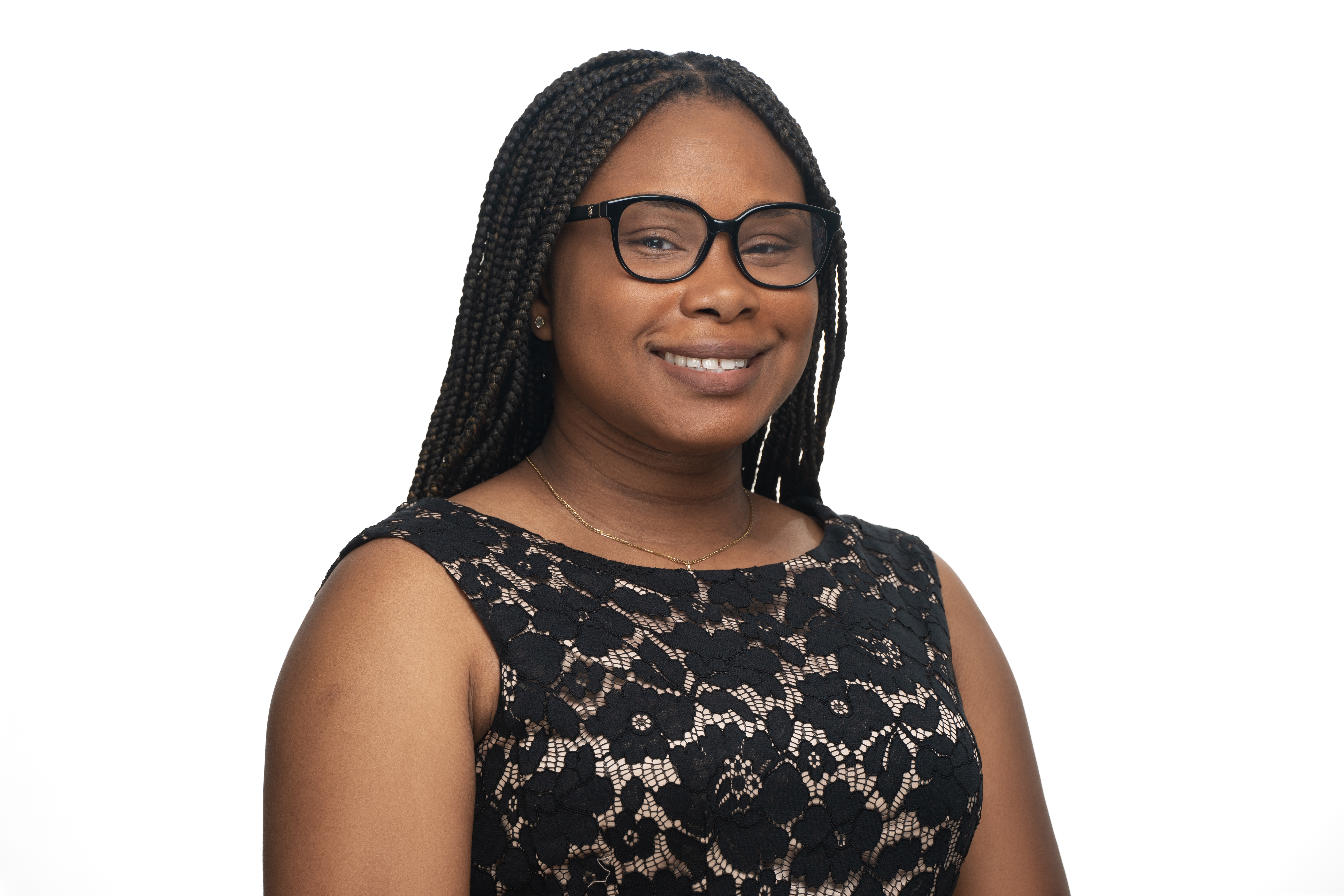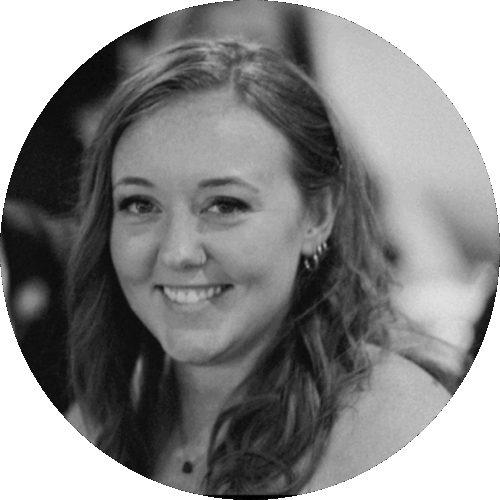About
History
In 2000, the Massachusetts Association of Community Health Workers (MACHW) became the first professional organization for Community Health Workers (CHWs) in the United States and since then has worked at the state and national levels to advance the profession and practice of CHWs. MACHW was founded by and for CHWs to establish the workforce as a profession and advocate for recognition of their important role in achieving the Triple Aim of improving health outcomes, enhancing care quality, and reducing costs. With more than 1,500 members, we create space for CHWs to connect, advocate, and develop as a workforce while advancing systemic changes to promote health equity.
Since our founding, we have reached many milestones, including the creation and passage of the legislation that established CHW Certification and a governor-appointed Board. MACHW sits on the MA Public Health Council and is represented by our executive director on the MA Health Equity Compact, Team Up for Children’s Scientific Advisory, and the Health Policy Commission’s Community Advisory Council.
2000
A committed group of Community Health Workers (CHWs) and allies join forces to create the Massachusetts Association of Community Health Workers (MACHW), the first CHW professional association in the country.
2006
MACHW shapes the MA Health Care Reform Law, highlighting the importance of CHWs and the need to strengthen the development of the CHW workforce through investment in training, certification, financing mechanisms, and state infrastructure.
2010
MACHW succeeds in passing landmark legislation creating a pathway for voluntary certification of CHWs across the state.
2012
MACHW works closely with the Massachusetts Department of Public Health to formally adopt core competencies for Community Health Workers, becoming one of the first states in the nation to do so.
2016
The first regional CHW hub started in the Southeast, including Cape Cod, Fall River, and New Bedford. The coalition is now called SUN (Southeast United Network).
2017
In collaboration with CHWs, MACHW designs the MA Code of Ethics.
2020
MACHW picked up the legacy of CHW Appreciation Day from Boston City Hospital and the Boston Community Health Education Center (CHEC) to create an annual statewide celebration.
Focus
On behalf of the estimated 3000+ Community Health Workers in the Commonwealth, MACHW:

Supports
regional hubs dedicated to developing leadership skills, networking, and offering professional development

Advocates
for standardized living wages, career pathways, and professional certification standards for CHWs

Integrates
CHWs into healthcare teams across the service delivery system

Offers
regular opportunities for professional development and higher education

Pursues
the long-term sustainability of the CHW workforce through policy

Celebrates
Promotes yearly celebrations of CHWs around CHW Day on June 15
Mission
MACHW strengthens the professional identity of Community Health Workers, fosters Community Health Workers’ leadership opportunities at policy tables, and integrates Community Health Workers in all aspects of health care, public health, behavioral health, and human service work. MACHW achieves its mission through education, research, policy development, and advocacy.
Vision
We work for a healthcare system that fully embraces each person, holistically addresses all health needs, eliminates social determinants of health, and ensures equal access to care for all.
We work for a Commonwealth where Community Health Workers are a valued, integrated, and sustained workforce of health professionals, contributing their expertise in care teams, in programmatic decision-making, and at policy tables. We work to ensure fair compensation, professional development opportunities, and well-defined career ladders.
The core work of MACHW is to:
- Offer training and assistance to address emerging public health issues and promote core competencies, leadership, and certification;
- Create regional spaces where CHWs can network, identify resources for ensuring effective care, and address barriers to maximizing their scope of practice;
- Collaborate with higher education partners to create pathways for CHWs to enroll in and complete academic degrees at undergraduate and graduate levels;
- Educate employers about best practices and provide technical assistance in onboarding, supervising, funding, and evaluating CHW programs; and
- Develop and advocate for policies that secure the professional role and standardization of CHWs.
Our Staff
Lissette has devoted most of her career to anchoring Community Health Workers as public health professionals. In 1993, she founded the Community Health Education Center (CHEC) in Boston, one of the country’s first training and resource centers for CHWs. The successful program was funded by the MA Department of Public Health to expand and support the state’s Northeast Region in 1997. Previously, Lissette served as Director of Community Benefits for Cape Cod Healthcare. A graduate of Boston University and Harvard Graduate School of Education, she has led MACHW as Director since 2015.
For more than 30 years, Shanina has passionately served her community in frontline roles in health. Her experiences include working as an Information and Referral Specialist, as a CHW in an Accountable Care Organization pilot to reduce emergency department visits by connecting people to more appropriate care, and as a Behavioral Health Discharge Coordinator supporting individuals at several hospitals across the state. Born and raised in Springfield, MA, Shanina credits her Puerto Rican community and mentors for the CHW she is today. She holds a bachelor’s in social work from Elms College and joined the staff of MACHW in 2022.
Deborah is a dedicated Community Health Worker, skilled in geriatric service coordination and community resource management. A proactive problem-solver who thrives in dynamic environments, she is known for her ability to provide optimal care solutions and streamline processes. Fluent in English and Spanish, Deborah adeptly facilitates communication and builds relationships with diverse populations. With an MBA in Healthcare Leadership from Elms College, she approaches her work with a passion for community service and a commitment to excellence.

Sophie is a seasoned public health professional; she is part of the Diverse Executives Leading in Public Health Program of the Association of State and Territorial Health Officials (ASTHO) and the Satcher Health Leadership Institute at Morehouse School of Medicine. She graduated from the University of Massachusetts Boston with a Bachelor of Arts in Hispanic and Iberian studies and from Nova Southeastern University with a Master of Public Health. Sophie joined MACHW in 2025.
Yoann Sophie Jean-Felix, she/her/hers
Deputy Director
Email: [email protected]

Senior Manager of Training & Communications
Email: [email protected]
Taylor is a certified community health worker, a certified birth doula, and a licensed alcohol and drug counselor (LADC-1). She is passionate about service and advocacy, as a mother and a person in recovery. Taylor has a master’s in public health, focusing on program implementation and evaluation. She brings strategic planning and thoughtful evaluative methods to all programs that she has designed. Her passion for advocacy has helped bring change, such as working on the doula reimbursement bill for MassHealth and more recently advocating for CHW reimbursement through co-leading a coalition to support this bill, along with MACHW.
Our Board of Advisors
We are currently seeking new advisory board members! Please use this link to apply!
Our Advisory Board has 13 members, each serving between two and six years. The Advisory Board meets 6 times yearly and attends workgroups to address specific issues.
Each year, MACHW adds new Advisory Board members at our Annual Meeting. A selection of new Advisory Board members is done by MACHW staff and existing Advisory Board members according to established criteria. Please contact Lissette Blondet at [email protected] to be considered as a candidate.

Luz Ortega, Co-Chair
An experienced CHW, Luz is a program director for the City of New Bedford Health Department where she oversees a federal harm reduction grant and works with first responders and other key community organizations. Originally from Puerto Rico, she moved to New Bedford at the age of 20 and faced significant challenges because she did not speak English. This challenge resulted in her deep commitment to ensuring culturally and linguistically appropriate services for her community, and her certification in medical and community interpreting. She is experienced in designing and executing culturally and linguistically appropriate data collection tools to assess New Bedford’s Hispanic and Latino communities.

Jamila Xible, Co-Chair
Jamila Xible directs the Community Engagement Team for Health Care for All, where she oversees community-led campaigns to address public health issues and advocates for the infrastructure, staffing, and funding needed to advance health equity. Previously, Jamila led Health Education and Access Initiatives at the Cambridge Health Alliance, supervising the Community Health Improvement Learning Institute and its Community Health Worker training. Jamila holds a Master of Arts in Law and Diplomacy from Tufts University and a bachelor’s in social work from Universidade Federal do Espirito Santo in Brazil.

Niem Naykret
Niem is a bilingual/bicultural CHW who has worked for more than 15 years at Lowell Community Health Center (LCHC). She has worked across departments at LCHC, including programs for refugees /immigrants, teen clinics, prenatal care, OBGYN case management, breast health education, chronic disease prevention/education, pediatric behavioral health, and contact tracing/case investigation to stop the spread of COVID-19. In 2020 she joined the REACH LoWELL team to eliminate disparities in diabetes among Southeast Asian and Hispanic/Latinx communities.

Geovanni Vazquez, PhD
For more than 10 years, Dr. Geovanni Vazquez has provided mental health care in a variety of settings and has developed innovative counseling programs to help adults suffering from anxiety, depression, substance abuse, and trauma at various levels. Among his expertise are individual psychodynamic and supportive psychotherapy, psychodrama, substance abuse treatment, trauma treatment, anxiety reduction, and conflict resolution. Geovanni delivers workshops and seminars on mental health topics and provides supervision and training to other mental health professionals.

Nakita Haywood
Nakita is a Certified Community Health Worker (CCHW) with over a decade of experience in community health and substance use disorders.Identifying as a person in long-term recovery, Nakita is deeply committed to helping others and continuously seeks new methods to enhance her support. Her approach to service is marked by humility and a reflective mindset, allowing her to implement structured, evidence-based strategies. Known for her logical and practical demeanor, Nakita upholds strong work ethics and boundaries, ensuring that she effectively supports her clients in reaching their goals. She holds several credentials, including Licensed Alcohol and Drug Counselor II (LADC II), Certified Alcohol and Drug Counselor (CADC), and Recovery Coach Professional (RCPF). Currently, Nakita is pursuing a master’s degree in Clinical Mental Health Counseling at Springfield College, where she also earned her undergraduate degree.

Rainelle Walker-White
Rainelle is the Associate Director of Health Equity Programs at Harvard Medical School and Assistant Director of The Family Van at Harvard University. For 40 years, Rainelle has worked to improve equitable access to care. As a CHW, she uses a client-led, strengths-based approach and is skilled in offering culturally responsive health screening and education for cardiovascular disease, hypertension, diabetes, mental health, and cancer. Rainelle leads a team of CHWs and has trained and mentored hundreds of aspiring health professionals in how to care for clients with cultural humility.

Smith Guillame H. Lamothe
Smith Guillaume is a trained CHW with Cambridge Health Alliance. He has been a long-time Community Champion with Vital Village, where he now serves as a Program Associate. He was trained by the Institute for Healthcare Improvement to help identify, plan, and execute organizational and system improvement initiatives. Smith Guillaume also has expertise in public relations, clinical health education, case management, and program coordination in the health sector. Active in Boston’s Haitian American Community, he serves as Executive Director of Family Ministry in Action.



